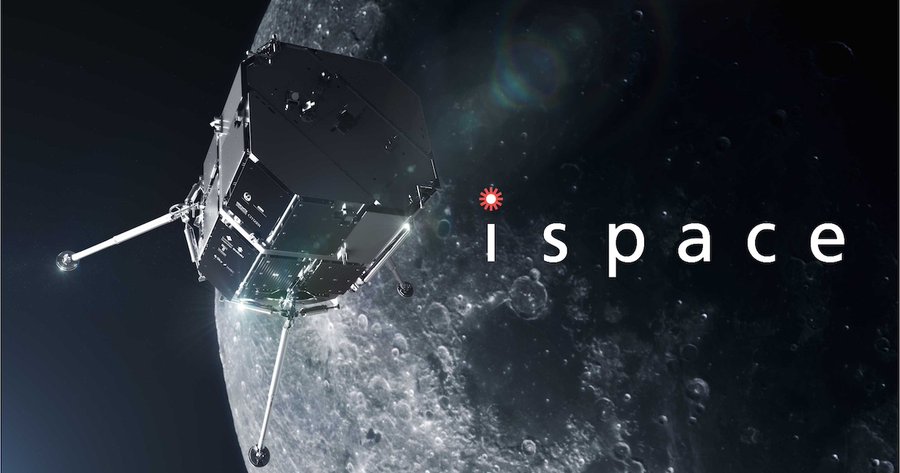Science News Roundup: DNA remnants found in fossil of 6 million year old turtle; Japan's lunar startup ispace delays NASA-sponsored mission to 2026 and more
Researchers said on Wednesday they have demonstrated for the first time that antimatter responds to gravity the same way matter does - by falling, as one might expect - in an experiment that once again buttressed physicist Albert Einstein's bedrock theory of general relativity.

Following is a summary of current science news briefs.
DNA remnants found in fossil of 6 million year old turtle
Remnants of DNA have been discovered in fossilized remains dating to 6 million years ago of a sea turtle closely related to today's Kemp's ridley and olive ridley turtles, marking one of the rare times genetic material has been identified in such ancient fossils of a vertebrate, researchers said on Thursday. The researchers said some bone cells, called osteocytes, were exquisitely preserved in the fossil, which was excavated along Panama's Caribbean coast in 2015. The fossil is partial, with a relatively complete carapace - the turtle's shell - but not the rest of the skeleton. The turtle would have been about a foot (30 cm) long when alive, they said.
Japan's lunar startup ispace delays NASA-sponsored mission to 2026
Japan's lunar transport startup ispace inc said on Thursday it would postpone a future moon landing mission by a year to 2026 to better prepare for a commission by U.S. agency NASA, as well as deal with component supply delays. Tokyo-based ispace attempted its first lunar landing with the Hakuto-R Mission 1 spacecraft in April, which failed due to an altitude miscalculation. The Financial Times had reported earlier this month that months of corporate turmoil preceded the mission's failure.
U.S. astronaut Rubio says 'good to be home' after landing in Kazakhstan
U.S. astronaut Frank Rubio, who broke the record for the longest continuous space flight by an American, and two Russian cosmonauts landed in the steppe of Kazakhstan on Wednesday after more than a year on the International Space Station (ISS). Their Soyuz MS-23 capsule undocked from the ISS a minute earlier than scheduled, and took around three and a half hours to make it down to Earth, landing southeast of the city of Zhezqazghan.
Social media and private partnership: inside the changes at India's space agency
When the Indian Space Research Organization's (ISRO) Chandrayaan-3 mission landed on the moon, more than 8 million people tuned in for the event's YouTube live-stream - a record for the site. The landing was a win for India's low-cost space engineering, and science, as well as a quiet initiative to rebrand India's 54-year-old space agency as approachable, according to more than a dozen current and former employees, and 10 consultants and industry experts.
Right again, Einstein! Study shows how antimatter responds to gravity
In the world of "Star Trek," the starship Enterprise zips through space using a warp drive that harnesses antimatter. Suffice it to say, such technology remains in the realm of science fiction. But scientists are making important strides toward better understanding antimatter. Researchers said on Wednesday they have demonstrated for the first time that antimatter responds to gravity the same way matter does - by falling, as one might expect - in an experiment that once again buttressed physicist Albert Einstein's bedrock theory of general relativity.










